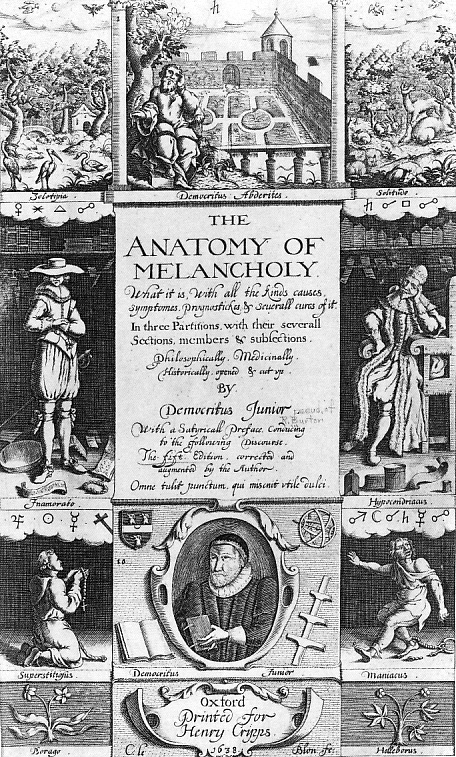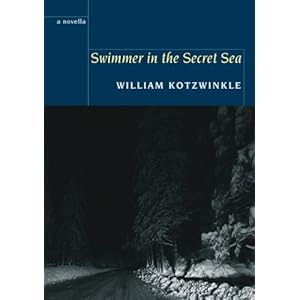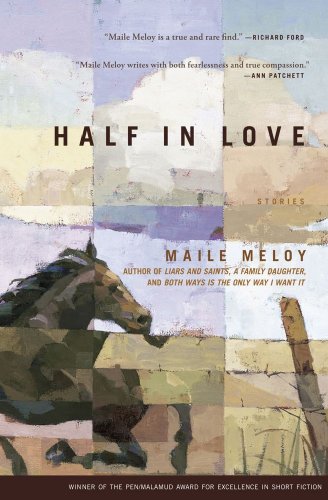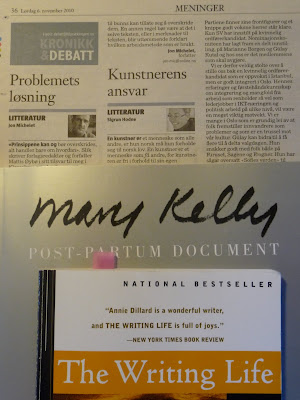I’ve been working on some short stories for a while. They are all set in a very ordinary everyday setting: A day at the beach, a family dinner, a morning walk, etc.
But then suddenly, to my surprise, one of my stories demanded to take place on an ice raft in the Arctic Ocean somewhere between the North Pole and the Russian tundra.
A great review of the book can be found here.
Judith Schalansky’s book is a very fine mix of facts and fiction, as she her self states in the foreword, fact and fiction cannot - if truth be told – ever be separated:
Those who discovered the islands became famous, as if their achievements related to an act of creation, as if they had not merely found new worlds but actually invented them … only that which is written about has really happened.
Of Peter I Island in the Antarctica, she writes:
It was only in 1929 – 108 years after its discovery – that it was landed on, and until the 1990s more people had set foot on the moon than on the island.
Schalansky’s book truly conveys the world in all its strangeness.
And her drawings -; delicate, precise and mysterious.
Go ahead: read it!

















_0.jpg)



